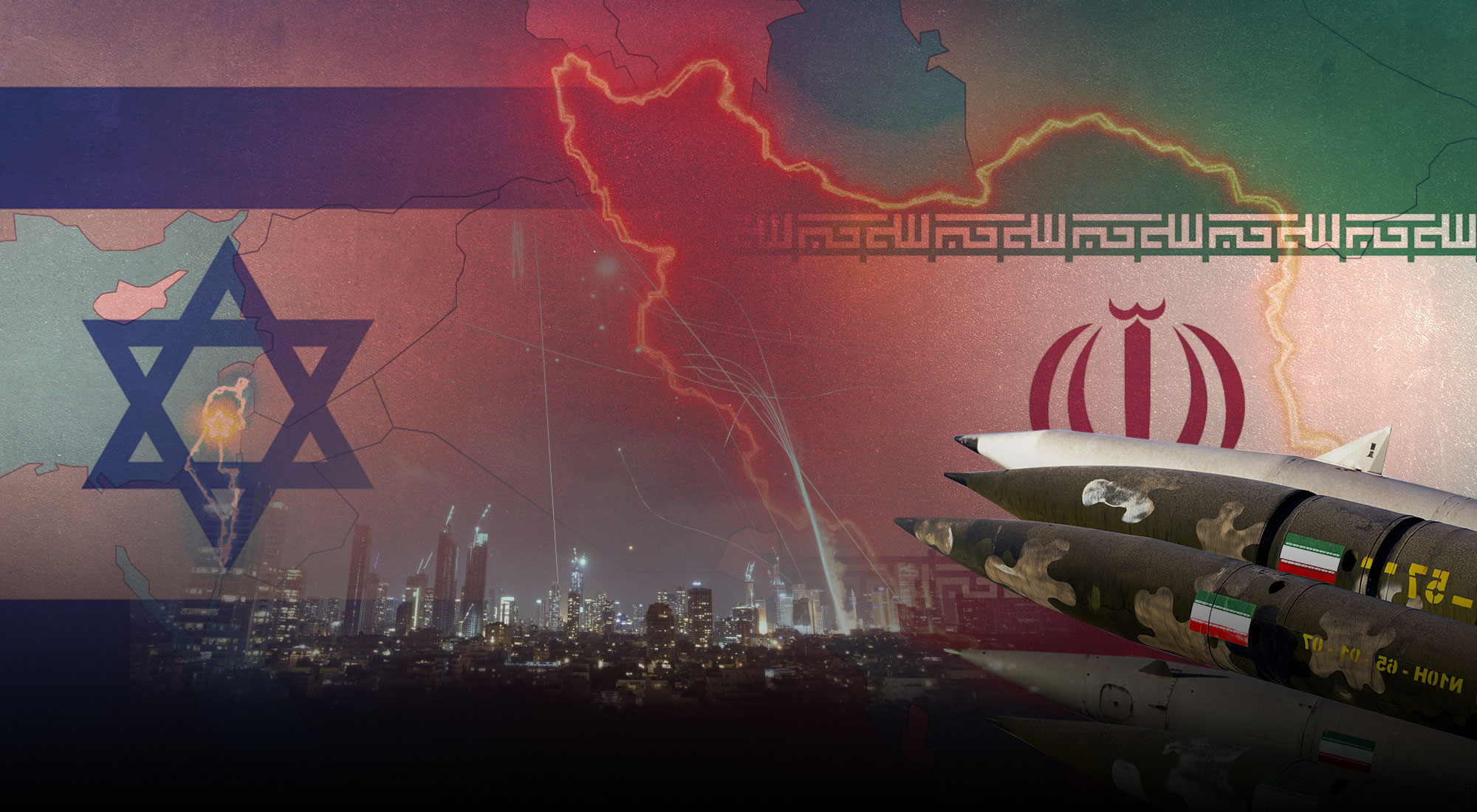
Snapshots
The Limits of Iran’s Response to Israel and the Expected Consequences
14 Jun 2025
As anticipated, Iran responded to Tel Aviv by targeting Israel’s Ministry of Defense and various areas within the city—a symbolic move intended to convey that Tehran’s retaliation was equivalent to the assassination of its top military leaders. What is notable in Iran’s response is that, for the first time, the Israeli Ministry of Defense itself was targeted, signaling that Israel’s defense systems failed to intercept all of the Iranian strikes—a failure in and of itself.
The waves of missile attacks launched by Iran carried two key messages: (1) That retaliation was inevitable and would not resemble previous responses, which were coordinated or pre-communicated with regional powers and Washington. (2) That Tehran is prepared to confront Tel Aviv, having concluded that Hezbollah’s past strategy of prolonged restraint may not be effective, as it only increases losses and delays serious international engagement for de-escalation.
Although the Israeli losses are not equal to Iran’s in terms of leadership and material impact, the psychological and symbolic damage to Israel is significant given the manner in which Tel Aviv was struck. The outcomes of these strikes will likely center around further waves of reciprocal attacks, and could lead to the activation of Iran’s proxy fronts. Israel is no doubt aware of this. While Tel Aviv is prepared on all fronts, it has never faced simultaneous engagement on multiple active fronts with Iran and its proxies. Historically, Israel has fought on different fronts at separate intervals—daily, weekly, or monthly—but not concurrently. If the situation escalates to the brink, Iran has several strategic options, including: (1) Activating its proxies in a serious and immediate manner. (2) Disrupting maritime navigation in the Strait of Hormuz and Bab al-Mandab. (3) Launching cyberattacks on Israel’s electronic infrastructure through its affiliated cyber units.
So far, Iran’s behavior suggests a carefully calculated response, avoiding any reckless or irrational escalation in the near term. However, the possibility of a more unrestrained Iranian response remains strong, depending on the scale of Israel’s next moves and Washington’s position—especially if the U.S. does not intervene to de-escalate the confrontation in the coming days.


